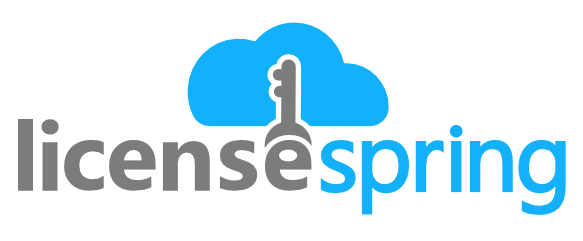Announcement: Java SDK for LicenseSpring Initial Release
March 13, 2020There are many reasons a developer might wish to enforce a usage policy of their software. Developers could consider setting up their own licensing server, and some even go through with it, usually frustrated with the outcome due to the amount of time spent, the many edge cases to consider, and the ongoing effort of maintaining the system without improving on core features of the actual product offering.
For the last 3 years, LicenseSpring has been providing a convenient way for developers to add license activation and checks into software applications. Today, we are very excited to announce an easy implementation for Java apps with the initial release of our Java SDK. Java developers can now embed license enforcement mechanisms in their projects with just a few lines of code.
The initial release of LicenseSpring’s Java SDK implements the entire web hook specification of license activation and license check calls, sparing application developers from writing their own code to connect to the LicenseSpring API. Instructions for importing LicenseSpring into your java project, error codes, and a sample application can all be found on our Documentation page for the Java SDK.
Key Features of LicenseSpring now available in Java include:
- Offline / online activation: By default, a license check is performed online. The SDK can also be configured to activate licenses for computers that do not have an active internet connection. More information on offline licensing can be found in our documentation on offline activation
- Key vs user-based licensing: LicenseSpring currently supports two authentication methods, license keys and a combination of usernames and passwords.
- Node Locking: The Java SDK computes a hardwareID unique to the machine and associates that identifier to the license during activation. This can be overwritten by the developer
- VM detection: Developers may choose to license their software differently if it runs on a virtual machine than on a traditional environment.
- Floating and consumption licenses: We support enterprise licensing models for larger customers, who purchase licenses for concurrent usage, or who offer a “per usage” license and would like to keep track of metrics such as usage overage, or maximum operations.
For a more detailed list on our product features, please visit our pricing page for more information.
The initial release has been tested on Java running on Mac. In the upcoming days, we will add and update a test schedule in our documentation.
